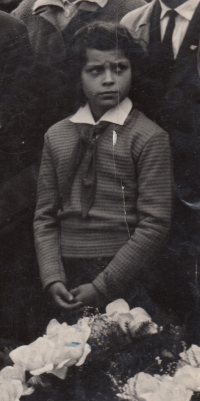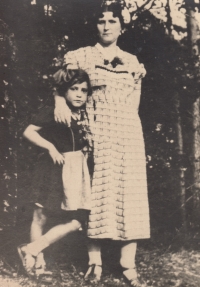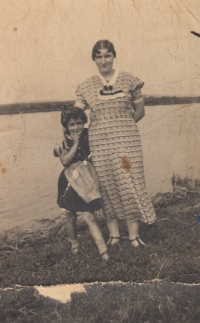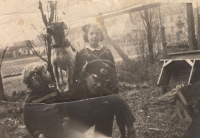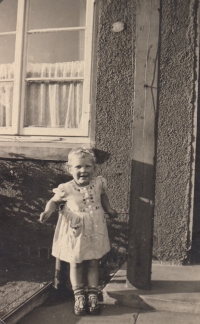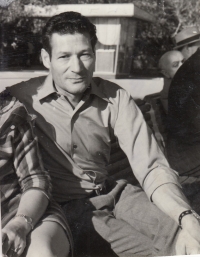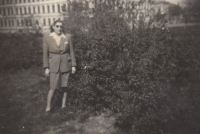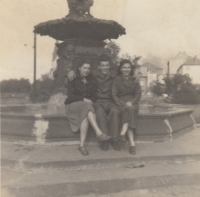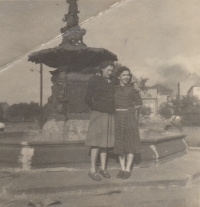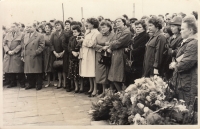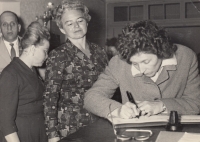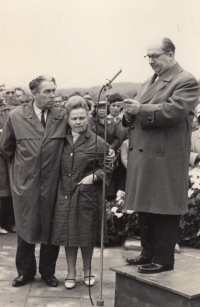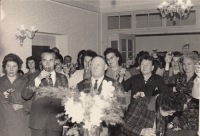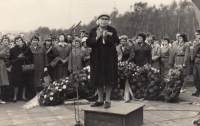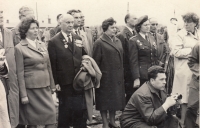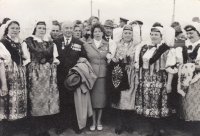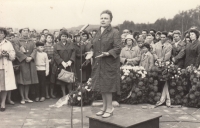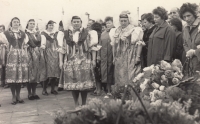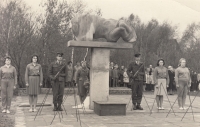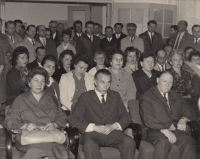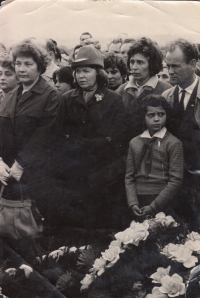Her mother lost most of her family in Auschwitz, and typhus ate away her sister’s face
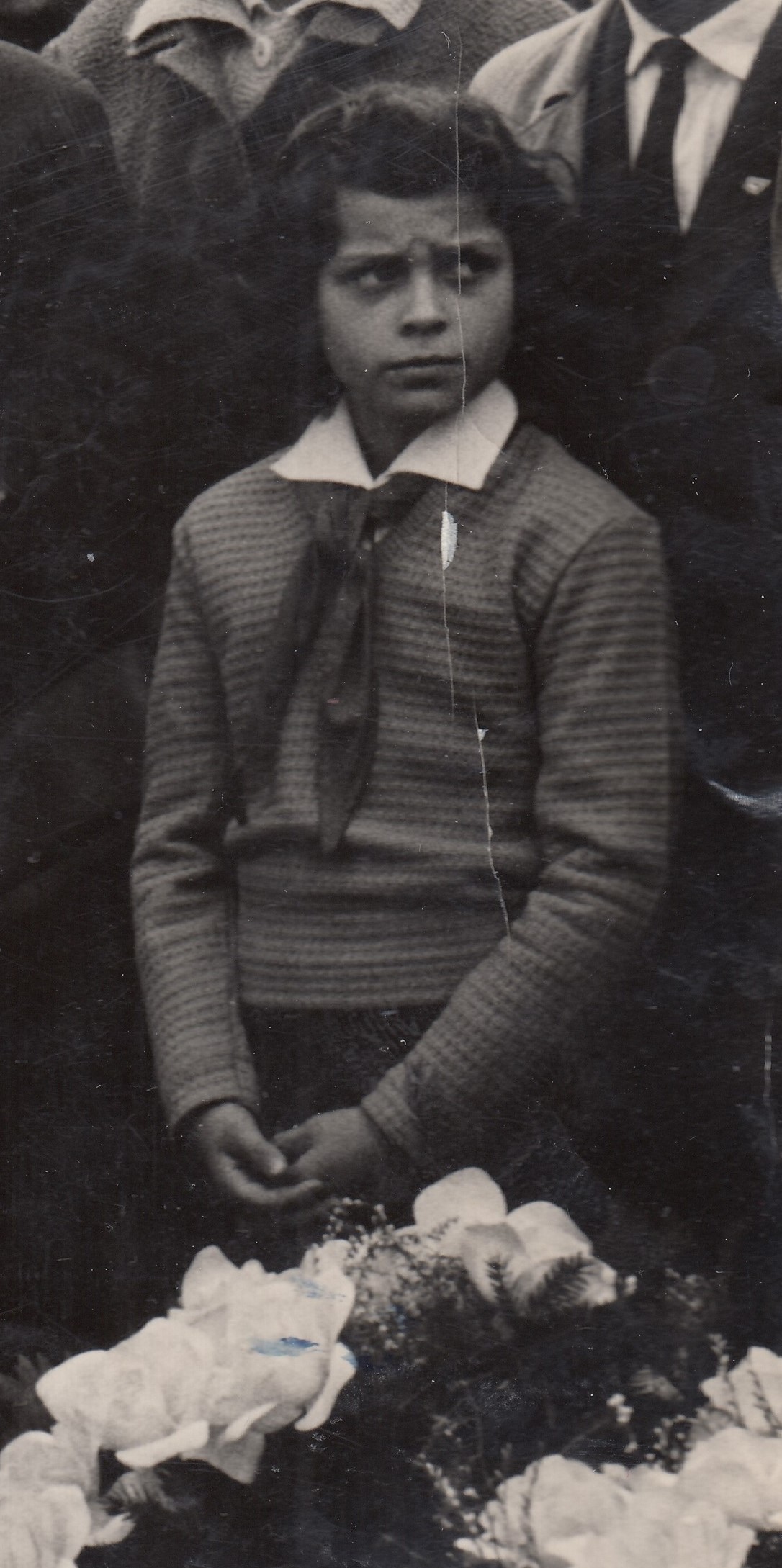
Download image
Irena Nosková was born on 25 February 1956. Her mother Erika Stephan came from Germany. Irena’s grandfather Ferdinand Stephan was imprisoned by the Nazis over resistance activities and her mother’s entire family was sent to concentration camps. Both her parents and three of her siblings perished in Auschwitz. Erika Stephan was transported to the Svatava concentration and labour camp where she stayed until the end of the war. Only two of her brothers, Robert and Ferdinand, survived, but Ferdinand perished in the French Foreign Legion soon after. Her mother refused to return to Germany after the war and stayed in Czechoslovakia. She gave birth to two children in her second marriage. In the wake of 1968, Irena Nosková wanted to emigrate to West Germany to visit her relatives, but she did not receive an exit permit because she had refused to join the communist party. Together with her mother, she always took part in remembrance events, and they visited Auschwitz together in the 1990s. She was living in Loket in 2023. The witness’s memories were filmed and processed thanks to the financial support from the Karlovy Vary Region and the Municipality of Svatava.
